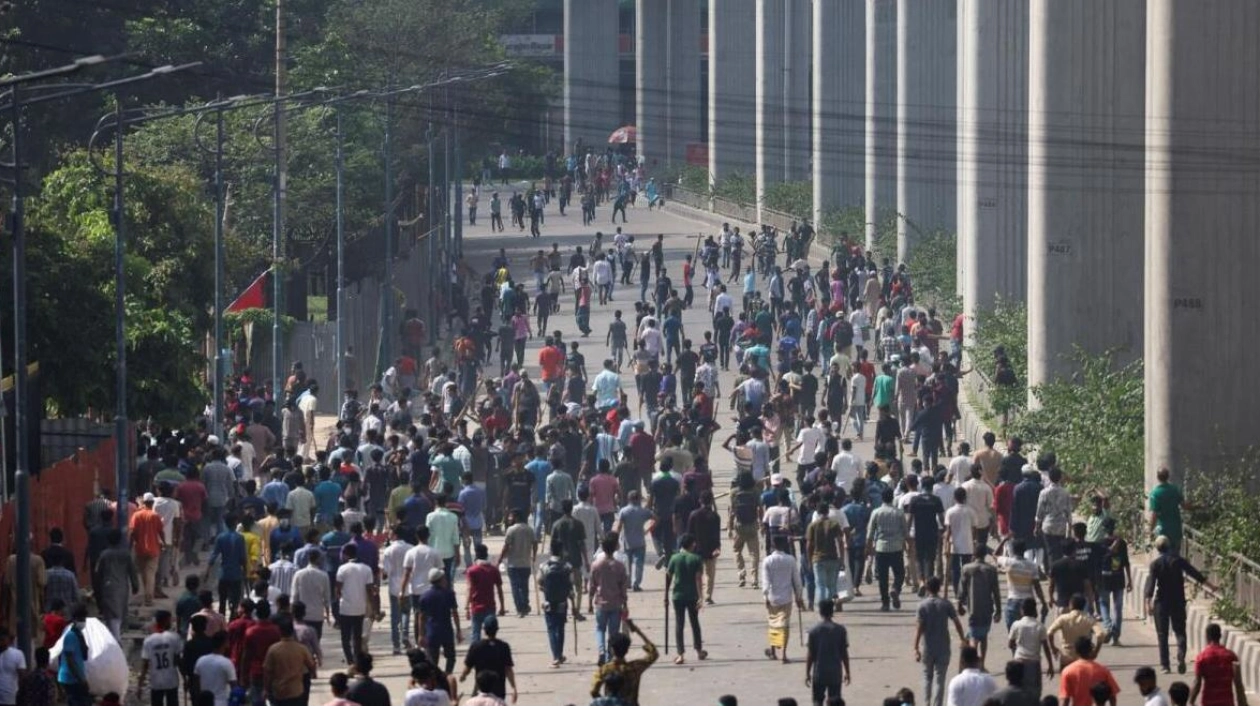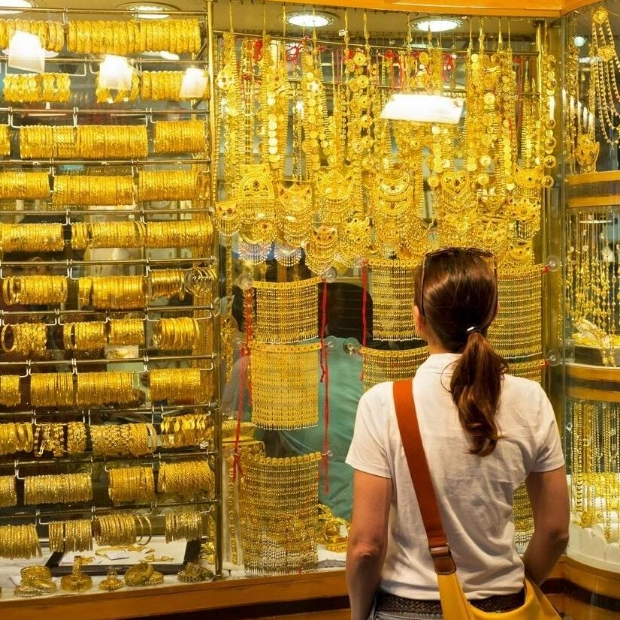Students in Bangladesh are organizing a march to the capital, Dhaka, on Monday, defying a nationwide curfew to demand Prime Minister Sheikh Hasina's resignation, following nearly 100 deaths in clashes across the country. Army tanks and police vehicles patrolled the streets of Dhaka, with security forces on foot, as shown by an online news channel. Civilian traffic was minimal, except for a few motorcycles and three-wheel taxis.
At least 91 people were killed and hundreds injured on Sunday amid widespread violence in the country, which has a population of 170 million. Police used tear gas and rubber bullets to disperse tens of thousands of protesters. A nationwide curfew was imposed starting Sunday evening, suspending railway services and closing the country's large garment industry.
The protests began last month over a controversial quota system for government jobs, escalating into a movement calling for Hasina's removal. Hasina secured a fourth consecutive term in January, an election that was boycotted by the opposition. Sunday's death toll, including 13 policemen, was the highest in a single day from any protests in recent Bangladeshi history, surpassing the 67 deaths on July 19 related to student protests against the quotas.
The government implemented an indefinite nationwide curfew starting at 6pm (1200 GMT) on Sunday and declared a three-day general holiday beginning Monday. Protest coordinator Asif Mahmud called for people to gather in Dhaka from surrounding districts, stating, "The government has killed many students. The time has come for the final answer."
The Bangladesh army urged citizens to comply with the curfew, stating it was imposed to ensure the security of people's lives, properties, and important state establishments. Over the weekend, there were reports of attacks, vandalism, and arson targeting government buildings, ruling party offices, police stations, and public representatives' homes. Bangladesh Railway suspended all services indefinitely due to the violence, and garment factories, which supply top global brands, closed indefinitely.
Retired military officers urged Hasina to withdraw troops and pursue political initiatives to resolve the crisis. Critics and human rights groups accuse her government of excessive force against protesters, a claim her government denies. For the second time during these protests, the government shut down high-speed internet services, making social media platforms like Facebook and WhatsApp inaccessible.
Last month, at least 150 people were killed and thousands injured in violence sparked by student protests against government job quotas. The Supreme Court's scrapping of most quotas initially paused the protests, but students returned to the streets last week, demanding justice for the victims' families and Hasina's resignation. Hasina claims the violent actors are not students but terrorists aiming to destabilize the nation. Tarique Rahman, the exiled acting chairman of the opposition Bangladesh Nationalist Party, describes the situation as a "bloody struggle between autocracy and democracy," calling on the international community to support truth and justice.






